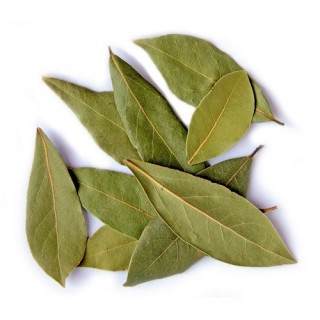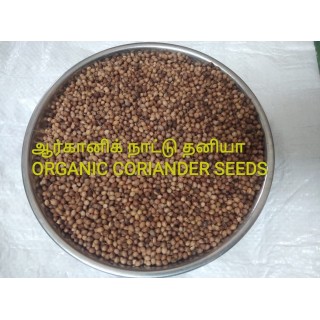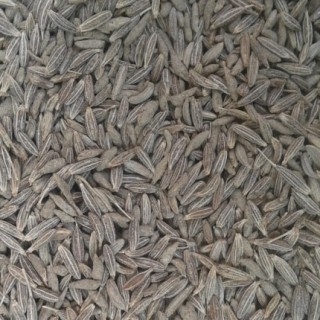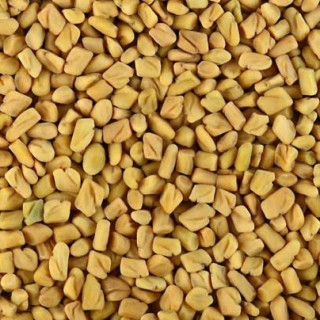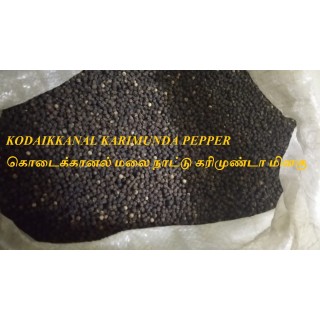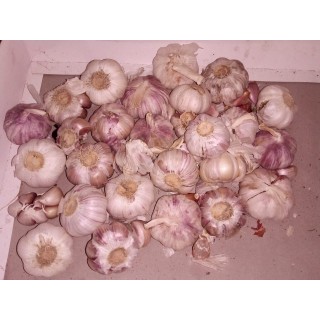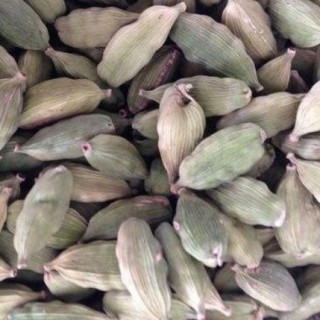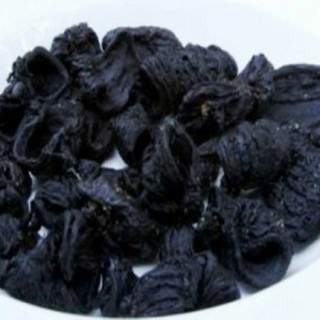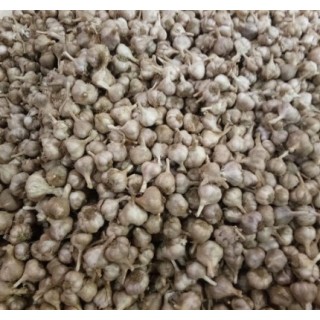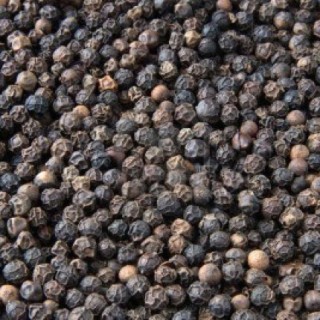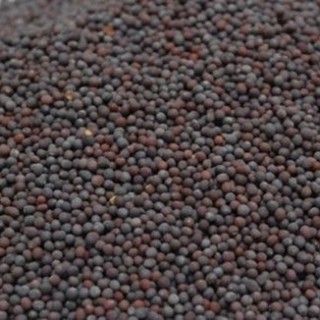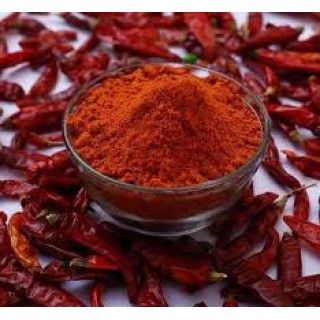Spices நறுமண பொருட்கள்

Spices நறுமண பொருட்கள்
Spices always play a prominent role in kitchen as well as in certain medicinal activity like diuretic, eccoprotic, carminative aperients, expectorant, and many more.
Indian food is renowned for its vast array of spices. The beauty of this cuisine is about the delicate balance of many spices. Whether you oil-fry your spices or dry-roast them, they’re full of aromatics and flavor. Read below to find out 8 essential Indian spices that no kitchen should be without.
Green Cardamom:- Green Cardamom tends to be used more often with a light and sweet flavor and can be found in nearly everything from garam masala to lassi.
Cloves :- In Western cuisine, we tend to associate cloves with Christmas time, however, in Indian cuisine, its used commonly all year round. The gentle anises notes of this spices is often recognizable in spice blends. You can use them whole or ground up.
Cumin;- Cumin is an extremely aromatic spice with warm and earthy tones. You’ll find it either as seeds or as a ground powder – quite often toasted. Freshly ground cumin is the best way to release the intense flavor of this spices, however, careful when toasting as it can burn very easily.
Coriander :- This seed is often regarded as one of the oldest known spices in the world. The coriander seeds are particularly aromatic with citrus tones. Ground coriander is one of the most commonly used Indian spices, especially as it is a key element in garam masala.
Ginger :- Fresh ginger can give your Indian dish a real earthy and peppery kick. If you’re using ginger, add it in at the same time as the garlic to allow the natural oils of the root release whilst cooking.
Mustard Seeds :- There are 3 different colors of mustards seeds: yellow, black, and brown. All three can be used interchangeably in Indian cooking. To maximize the Smokey and nutty flavor of mustard seeds they should be crushed or kept whole and cooked in oil. Mustard seeds are particularly prominent in the cuisine of North India.
Fenugreek :- Fenugreek may not be the most well known by name, however, its flavor is certainly identifiable. Fenugreek gives madras curries the ‘curry’ flavor and fragrance that many associate generally with Indian cooking. Fenugreek leaves are often used in Indian cooking. They tend to be dried and either infuse sauces or crushed, particularly in butter chicken recipes.
Country Coriander -நாட்டு தனியா / கொத்தமல்லி
₹150.00₹180.00
Country Coriander -நாட்டு தனியா / கொத்தமல்லிCoriander seed helps in reducing bad cholesterol and promotes good cholesterol in the body. These are rich in copper, zinc, iron and other essential minerals that increases RBC and improves heart ..
Cumin / Jeeraga நாட்டு சீரகம்
₹115.00₹145.00
Cumin / Jeeraga நாட்டு சீரகம்Cumin, or zeera, is an integral part of a majority of our curries and stews. According to the book 'Healing Foods' by DK publishing, cumin is rich in anti-inflammatory antioxidants, and is also known to be ..
Fenugreek / Methi seeds -வெந்தயம்
₹75.00₹90.00
Fenugreek / Methi seeds -வெந்தயம்Fenugreek has benefits for lowering blood sugar levels, boosting testosterone, and increasing milk production in breastfeeding mothers. Fenugreek may also reduce cholesterol levels, lower infl..
Highly Medicinal Valued Organic Kodaikkanal Hill Native Breed Karimunda Pepper கொடைக்கானல் மலை நாட்டு கரிமுண்டா மிளகு
₹160.00₹280.00
Highly Medicinal Valued Organic Kodaikkanal Hill Native Breed Karimunda Pepper கொடைக்கானல் மலை நாட்டு கரிமுண்டா மிளகுOrganic Karimunda Black pepper is native to present-day Tamilnadu and is extensively cultivated there and elsewhere in trop..
Himalaya Garlic ஹிமாலய பூண்டு
₹230.00₹290.00
Himalaya Garlic ஹிமாலய பூண்டுKey Benefits:-A potent antioxidant, Garlic helps eliminate the scavenging effects of free radicals in the body. The medicinal properties of Garlic ward off the common cold. Lasuna is effective in preventing blood clo..
Kodaikanal Cardamom கொடைக்கானல் ஏலக்காய் 8MM Size
₹150.00₹195.00
Kodaikanal Cardamom கொடைக்கானல் ஏலக்காய் 8mm SizeCardamom is a spice with an intense, slightly sweet flavor that some people compare to mint.Cardamom may be helpful for people with high blood pressure.The compounds in cardamom may help fight can..
Malabar Tamarind / Kodampuli கொடம்புளி
₹135.00₹189.00
Malabar Tamarind / Kodampuli கொடம்புளிAmong the lesser known spices of India, Malabar Tamarind is one that stands unique for its culinary value. Primarily a souring agent it can be used as a substitute for Tamarind in many dishes. The rind of the Cam..
Organic Kodaikkanal Hill Garlic கொடைக்கானல் மலைபூண்டு
₹350.00₹595.00
Organic Kodaikkanal Hill Garlic கொடைக்கானல் மலைபூண்டுKodaikanal is a very famous place for tourism and also well known for its quality Hill Garlic/ Malai Poondu. Malai Poondu has a strong smell and a pungent taste. Kodaikanal ..
Organic Kodaikkanal Hill Paneer Pepper கொடைக்கானல் மலை பன்னீர் மிளகு
₹199.00₹310.00
Organic Kodaikkanal Hill Paneer Pepper கொடைக்கானல் மலை பன்னீர் மிளகுOrganic Black pepper is native to present-day South India and is extensively cultivated there and elsewhere in tropical regions. No added any chemical f..
Organic Mustard seed ஆர்கானிக் கடுகு
₹70.00₹90.00
Organic Mustard seed ஆர்கானிக் கடுகுIn the Bible, Jesus tells the Parable of the Mustard Seed referring to faith and the Kingdom of God. There, Jesus says, “The kingdom of heaven is like to a grain of mustard seed, which is the sm..
Organic Red Chilli Powder / இயற்கை மிளகாய் வத்தல் பொடி
₹85.00₹140.00
Organic Red Chilli Powder / இயற்கை மிளகாய் வத்தல் பொடிVetha-S Organic is dedicated to delivering 100% organic, premium-quality, affordable spices and seeds that promote a healthier lifestyle while preserving the deliciousness and integrity of your ho..

